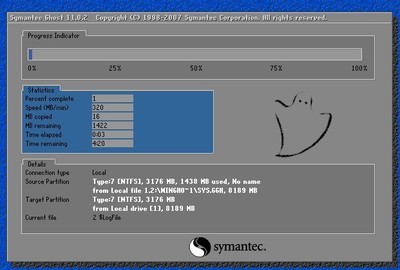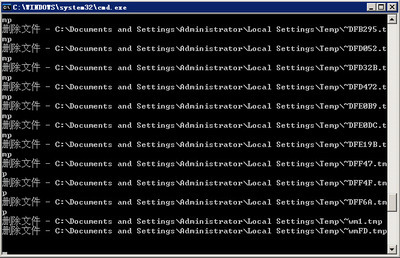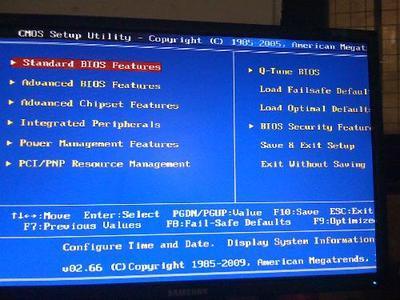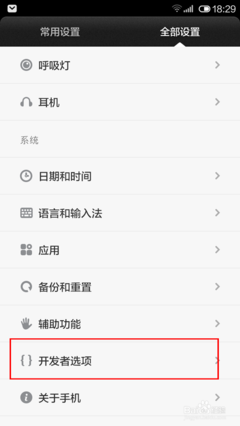反意疑问句系统讲解
第一部分 反意疑问句的基础知识
第二部分反意疑问句中特殊句式归纳
第三部分 反意疑问句考点
第一部分
反意疑问句的基础知识
反意疑问句是英语四大问句之一,它是由一个陈述句加上一个短问句而构成的。的基本构成形式是:陈述句+动词(肯定或否定)+主语?如:
①Sheoften has lunch at school, doesn’t she?
②Youdon’t like sports, do you?
一、反意疑问句句中问句部分的动词与陈述部分的动词在语气上成相反的对应关系,即:
肯定+否定? 否定+肯定?如:
①You can’t do it, can you?
②They are very latefor the meeting, aren’t they?
二、反意疑问句中问句部分的动词与陈述部分的动词种类要对应一致。如:
①Hehas supper at home every day, doesn’t he?(不能用hasn’t he?)
②They have known the matter, haven’t they? (不能用don’tthey?)
三、反意疑问句中问句部分的动词在时态上应和陈述部分的时态一致。如:
①They will go totown so on, won’t they?(不能用don’t they?或 aren’t they?)
②He works very hard, doesn’t he?(不能用didn’t he?或won’the?)
四、反意疑问句的陈述部分带有little, few, never, hardly, seldom等否定意义的词时,问句部分用肯定式。如:
①Shenever tells a lie, does she?(不用doesn’t she?)
②He was seldom late, was he?(不用wasn’t he?)
五、反意疑问句的陈述部分含有由un-, im-, in-, ir-, in-, dis-,等否定意义的前缀构成的词语时,陈述部分要视为肯定含义,问句部分用否定形式。如:
①Your father isunhappy, isn’t he?(不能用is he?)
②The man is dishonest, isn’t he? (不能用is he?)
六、反意疑问句的陈述部分为I am……时,问句部分习惯上用 aren’t I?表示。如:
I am a veryhonestman, aren’t I?
七、反意疑问句的陈述部分为 I(We)don’t think(believe, suppose,consider)+that从句时,从句为否定意义,问句部分的动词和主语仍与that从句保持一致且用肯定式。如:
①Idon’t think that you can do it,can you? (不用do I?)
②We don’t believe that the news istrue, is it? (不用dowe?)
八、反意疑问句的陈述部分为非第一人称主语+ think(believe, suppose, consider) +that从句时,问句部分的动词和主语与陈述部分的主句动词和主语保持一致。如:
①They all think that English is very important,don’t they? (不用isn’t it?)
②He didn’t think that the news wastrue, did he? (不用wasn’t/ wasit?)
九、反意疑问句的陈述部分为主语+said( told, reported, asked……) +that从句时,问句部分的动词和主语与陈述部分的主句动词和主语保持一致。如:
①They said that youhad finished your work, didn’t they? (不用hadn’t you)
②Kate told you that she would go there, didn’t she? (不用wouldn’tshe?)
十、陈述部分的主语为不定代词something,anything, nothing, everything时,问句部分的主语用it。如:
①Something is wrongwith the computer, isn’t it?
②Nothing hashappened to them, has it?
十一、陈述部分的主语为不定代词somebody(someone),anybody(anyone), nobody(no one), everybody(everyone)时,问句部分的主语用he或they,这时问句动词的数应和he或 they一致。如:
①Someone has taken the seat, hasn’t he?
②Everyone has done their best in the game, haven’tthey?
十二、陈述部分为Letme……时,问句部分习惯上用shall I? 或will you?形式。如:
Let me have a try, shall I?(will you?)
十三、陈述部分为Letus……时,问句部分习惯上用will you? 陈述部分为Let’s……时,问句部分习惯上用shall we?如:
Let us stop to rest, will you?
Let’s go home together, shall we?
十四、陈述部分用上述情况以外的祈使句时,问句部分一般用willyou?形式表示请求,用won’t you?形式表示委婉请求或邀请。如:
①Do sit down, won’t you?/ will you? ②Jim,you feed the bird today,will you?
③Please open the window, will
 爱华网
爱华网



